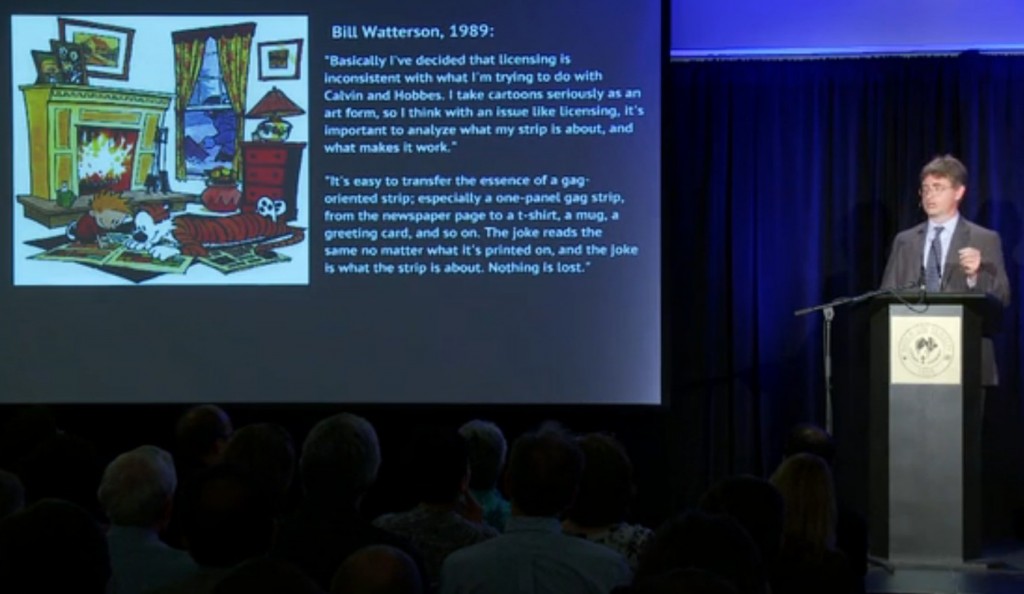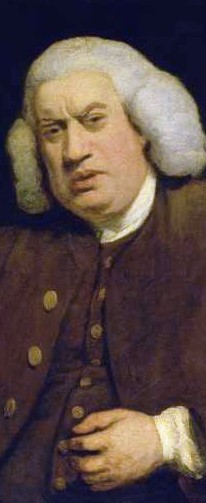Just a few pages into George Steiner’s 1999 autobiographical work Errata: An Examined Life, he tells a story about how he started learning Greek at age 5. No, “Greek at 5” isn’t the amazing part. The amazing part, to me, is that he grew up knowing French, German, and English equally well. “I have no recollection,” he says, “of any first or bedrock language… My upbringing was totally trilingual, and the background always polyglot. My radiant Mama would habitually begin a sentence in one tongue and end it in another.”
So what did it take to motivate little trilingual George Steiner to pick up some ancient Greek? His father had a plan. Having already told his children the basic story of the Iliad, he gathered them around to hear him read a little of it. He picked a tense section of the poem, from Book 21. Lycaon, one of King Priam’s sons, has just returned to the battlefield in time to get caught up in the murderous rampage of the unstoppable Achilles, avenging the death of Patroclus. Their paths cross, Lycaon realizes he is doomed, and he begs for mercy. It is an impassioned and pitiful speech, as Lycaon, groveling, brings out reason after reason for Achilles to spare him. His speech reaches its climax as he tries to deny that he’s very closely related to Hector, and to simultaneously flatter the dead Patroclus:
Listen, this too, take it to heart, I beg you–
Don’t kill me! I’m not from the same womb as Hecor,
Hector who killed your friend, your strong, gentle friend!”
And here is where the pedagogy of the mysterious father kicked in. As Steiner narrates it, immediately after this line, “gentle friend,”
my father stopped with an air of considered helplessness. What, in God’s name, happens next? I must have been shaking with excited frustration, shaking. Ah, said Papa, there was a gap in Voss’ translation, indeed in all available translations. To be sure, there was the original, Homer’s Greek, which lay open on the table, together with a lexicon and introductory grammar. Should we try and decipher the burning passage for ourselves? It was not, my father added, difficult Greek. Perhaps we could manage Achilles’ reply.
Of course, of course, exclaimed young George (we don’t know in which of his three languages). If there is no other way to find out what happens next, and what Achilles says in response, we must at all costs try to eke the meaning out of the ancient Greek passage! And so they set to work:
My father read the Greek several times over. He made me mouth the syllables after him. Dictionary and grammar flew open. Like all the lineaments of a brightly coloured mosaic lying under sand, when you pour water on it, the words, the formulaic phrases, took on form and meaning for me. Word by sung word, verse by verse. I recall graphically the rush of wonder, of a child’s consciousness troubled and uncertainly ripened, by that single word ‘friend’ in the midst of the death-sentence: ‘Come, friend, you too must die.’
George was hooked. He and his father decided they might as well commit a few lines of the beautiful Homeric Greek to memory. When little George went up to his bed, he found that his father had made a gift to him of a volume of the Iliad. Reflecting on decades of literary scholarship, Steiner the author muses, “perhaps the rest has been a foot-note to that hour.”
A bit later, apparently as an afterthought, Steiner remarks, “it would be some time before I discovered that translations of Homer did not omit the most thrilling bits…”











